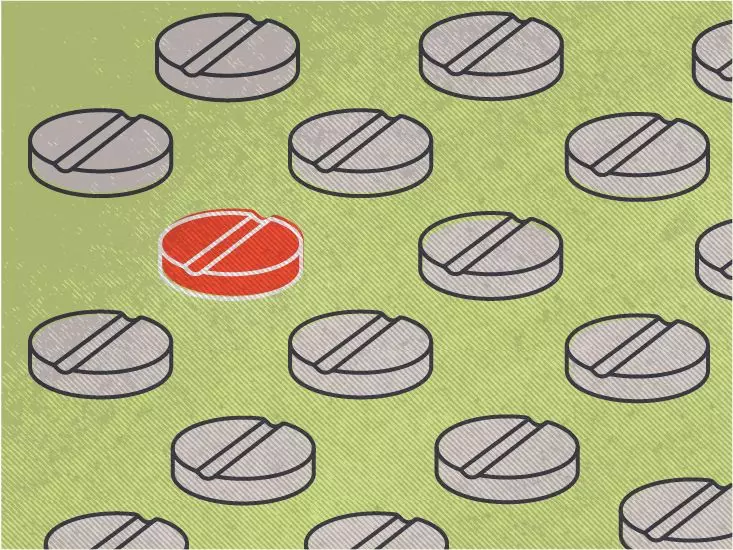The intersection of medication and reproductive health is a sensitive subject, particularly for individuals who may become pregnant. Among the various medications in use today, Ojjaara raises significant questions regarding its safety during pregnancy, its effects on fertility, and guidelines surrounding its usage for those considering conception. Understanding these complexities is crucial for informed decision-making.
Pregnancy Risks Associated with Ojjaara
Although comprehensive human trials are typically necessary to fully grasp the implications of a medication during pregnancy, existing animal studies involving Ojjaara have revealed concerning findings. Evidence has emerged indicating that the drug may cause fetal harm in animal subjects. Such data, while not directly translatable to human cases, suggests a cautious approach for anyone who could conceive. Therefore, anyone planning to become pregnant or who is already pregnant should engage in a thorough discussion with their healthcare provider, considering the potential risks of usage during this critical period.
Another significant aspect to consider with Ojjaara is its potential impact on fertility. Preliminary animal research indicates that the medication may adversely affect reproductive capabilities in both males and females. This is a vital consideration for individuals trying to conceive. It is essential to approach this topic holistically; if an individual or their partner is facing fertility challenges, consulting a medical professional regarding the implications of Ojjaara is imperative before making any decisions about its use.
For sexually active individuals who have the potential for pregnancy, it is paramount to address birth control alternatives while taking Ojjaara. Health professionals typically recommend the implementation of reliable contraceptive methods during the drug’s administration and for a week following its last dose. This proactive approach aims to prevent unintended pregnancy, given the uncertainties surrounding Ojjaara’s effects. Furthermore, the absence of specific guidelines for male patients in terms of contraceptive measures highlights the importance of individualized healthcare and awareness.
The safety of breastfeeding while on Ojjaara is another essential discussion point for current and prospective parents. Given the lack of clarity regarding the drug’s excretion in breast milk and its potential impact on the nursing infant, healthcare providers generally advise against breastfeeding during treatment and for a week following the last dose. This guidance is crucial for protecting the health of the child, and discussing alternative feeding methods during this timeframe can provide peace of mind to breastfeeding mothers.
Taking Ojjaara presents numerous considerations for those who may become pregnant or are currently pregnant. From potential pregnancy risks and fertility issues to guidelines on birth control and breastfeeding, it is clear that individuals must navigate this landscape carefully. Open communication with healthcare professionals is essential to ensure that all decisions made during treatment prioritize both parent and child health. Understanding these complexities is vital, empowering individuals to make informed choices about their reproductive health.

